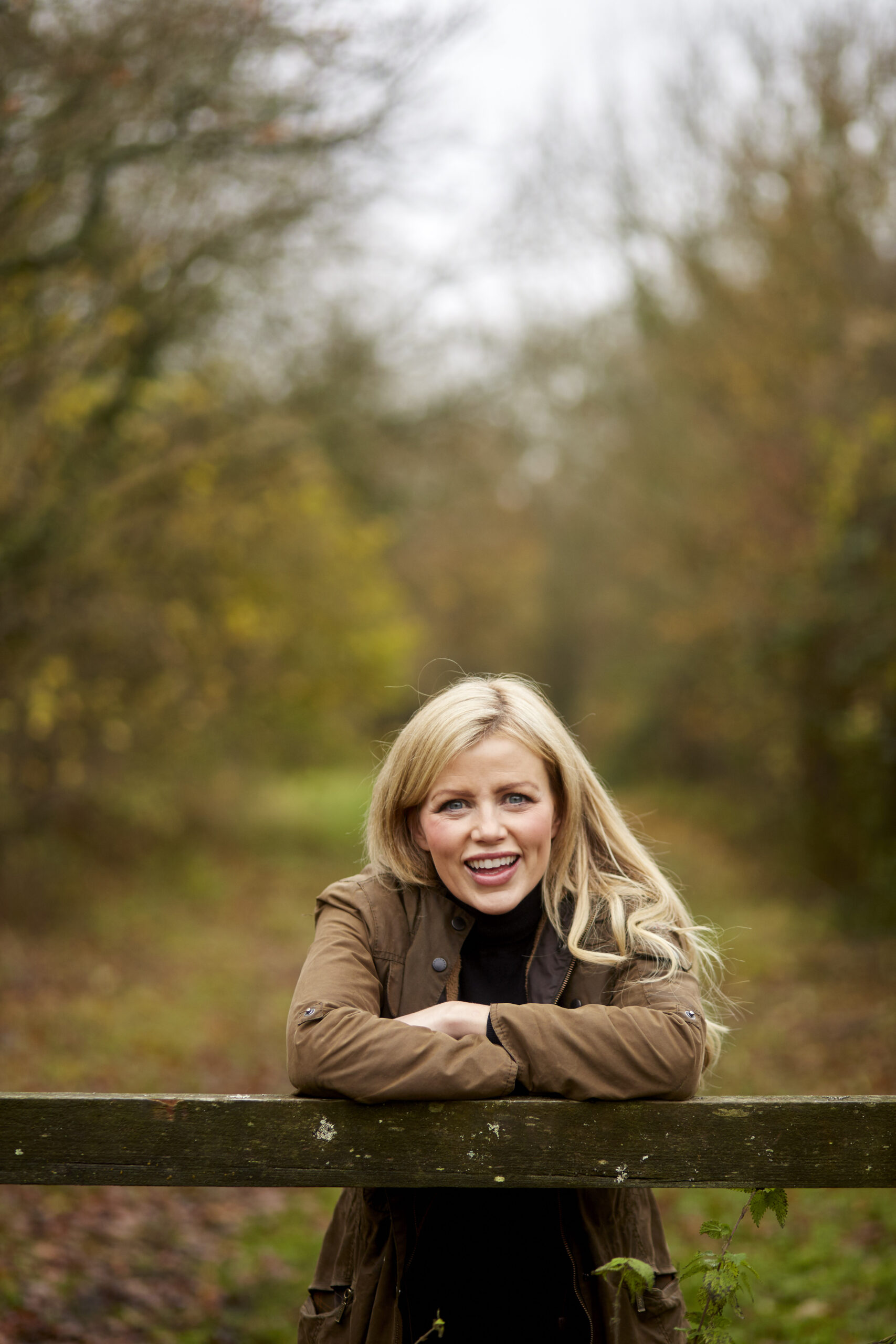There isn’t a single day in the world that is normal, so while I sidestep the skin-crawling notion of a ‘new normal’, I’m tasked with looking for the learnings – tiny nuggets of gold amid the industrial tonnage of badness that was lockdown.
No doubt, Georg Hegel will be right again that “we learn from history that we do not learn from history” and, come Christmas (if we’ve patched up our frayed relationship with our go-to news outlets, who have spent the last six months becoming increasingly frantic and unhinged in a bid to own our attention), we’ll be on to new crises.
But since there is one gilt atom in every billion atoms of rock, with optimist’s odds like that, there must be some keepers from the Covid Crisis. Such as turning to nature in a daily ritual for physical and mental comfort. We slowed down to match the rhythms of the natural world, saw the beats of each leaf unfurl, felt the truth of day’s length and reached the solstice without time’s seasonal trickery. We got better at hand-washing (although I worry we’ll be so antiviral that a common cold will floor us), at cooking and eating together, and we took an interest in statistics and medical health.
We even got a little fitter: a meaningful way to thank the NHS. We saw whose jobs really were big cogs in the machine of our lives: not hedge-fund managers, media influencers or fashion and PR agencies, but delivery drivers, supermarket workers, farmers, nurses, doctors, care workers and cleaners. And we made local discoveries, from food suppliers to new walks, which for me included the revelation of otters at home. There weren’t any when I was growing up, as they were still hunted until around the time I was born and it was only in the 1990s that river-polluting agrichemicals were banned.
It took time for the rivers to become clean, for fish to return, but once I returned to my home valleys, so too, it seems, had the otters. I found sprait when out on a run. No need for sniffing – that’s for hardened naturalists and TV japes – but it had bones from bullheads and trout in it. I set up my camera trap for weeks around the old canal and river, and was rewarded with roe-deer ears, a squirrel and finally a big brown rat. But my father-in-law filmed the otters while walking the dog, so I know they’re here. I like that they’re living among us, huge but unseen, returned to their hunting grounds in a secret that I’ve been let into.
Too high a price
That was the good. But the cost of forcibly extracting these few nuggets of gold from the landscape of our lives has been vast. After setting off explosives in the bedrock of our freedoms; after crushing the broken ground with its tiny particles of treasure; after mixing in the cyanide of fear and oxygen from neighbourhood informers to leach out the asset; after sifting and smelting with the flux of authoritarianism to forge a tiny ornament, we still have mountains of debris left in its wake. The money spent and wasted, borrowed from the future, due for repayment in 50 years.
A denial of our ability to do our own risk-benefit analysis (aka instinct) minute-by-minute, such that we turned in panic to a state becoming nanny. The ease of taking freedoms away and the reluctance (and fear) to take them back. The other hospital treatments postponed. The anguish of unattended bedsides and funerals. The reminder that scientists should advise and not lead. And the obsession with dying in a manner that prevented living. It will take decades to clear this rubble. And when finally it’s gone, plants will recolonise and nature will reclaim the space in our lives, reminding us that the prize was with us all along.

